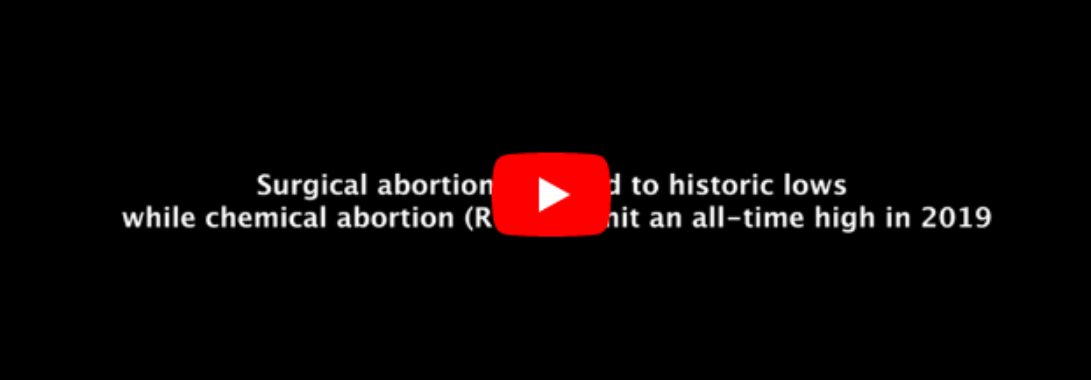Single Moms Most at Risk for Abortion in Arkansas

Since 2015, 52% – 65% of all abortions performed in Arkansas were on single moms.
Family Council calculated these figures by analyzing annual reports from the Arkansas Department of Health.
In other words, the typical woman walking into an abortion clinic in Arkansas is a single mom who already has at least one child.
If we want to eliminate the demand for abortion, Christians need to help single moms, and they need to encourage couples to form stable, healthy families.
All of this underscores the importance of Arkansas’ pregnancy resource centers.
Pregnancy resource centers help women and families with unplanned pregnancies. From diapers and baby food to parenting classes and adoption referrals, they offer a little bit of everything — all free of charge.
These centers take a lot of the stress and anxiety out of unplanned pregnancies, and they empower mothers to choose options besides abortion.
You can find a list of pregnancy resource centers in Arkansas here.




